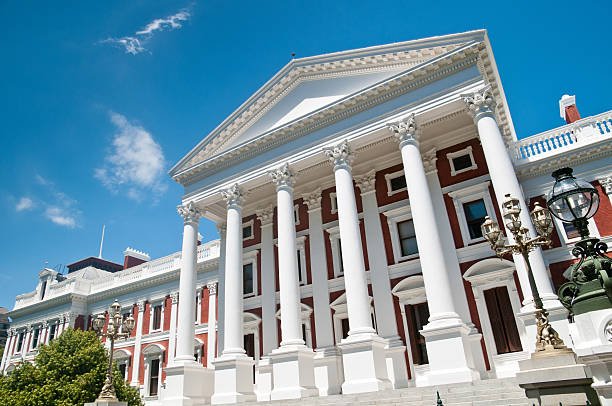On this page we discuss the role of government in combating corruption in South Africa.
The Role of Government
The government has a huge role to play in terms of combating corruption. The government can:
- create laws and policies that prevent corruption activities
- punish intensely and publicly corruption-related behaviours
- lead by example in order to set a culture that encourages honesty, transparency, and a people-first approach, in the matter of public service delivery.
What the South African Government is doing to combat corruption
Due to the worrying levels of corruption in a country, the South African government came up with the National Anti-Corruption Strategy to combat corruption in a much more sustainable manner. National Anti-Corruption Strategy provides a framework and action plan for the country as a whole and seeks to create a society in which:
- The government’s administrative and procurement processes are reinforced to allow for greater monitoring, accountability, and transparency.
- The public is educated about what constitutes corruption and empowered to respond when or where it is noted.
- The public and whistleblowers are encouraged to report corruption, and are supported and adequately protected when doing so.
- Public officials are held accountable for service delivery or the lack thereof.
- The business sector and civil society organisations operate in a values-driven manner and are held accountable for corrupt practices.
- There is a culture of zero tolerance toward corruption in any sector and full accountability for those involved in corruption.
Sources
national-anti-corruption-strategy-2020-2030.pdf
Download





